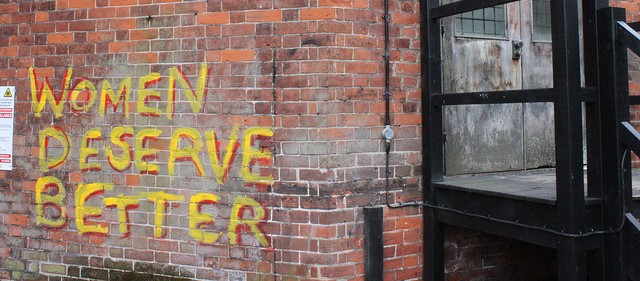
The now infamous conversation between Donald Trump and Billy Bush became a major talking point of this election cycle, as the former can be heard describing how he uses his stardom to grope women without consent. Since the tape surfaced, there has been a series of sexual assault allegations against the Republican presidential candidate. Trump himself has claimed that these accounts are fabrications planted by the Clinton campaign, and some of his supporters have dismissed these claims as false. In fact, many people coming to Trump’s defense assert that since these allegations (some of which date back decades) are only coming out now, they are likely false.
According to an article in New York Magazine, however, the opposite is the case. With a little help from Dartmouth political scientist Brendan Nyhan (who cites research by University of Texas sociologist Ari Adut), author Jesse Singal described the impact of collective knowledge in situations like this. Moral scandals and “collective and focused action” take root after an offense becomes well-known. As the article explains,
“There had been stories floating around about his treatment of women forever, many of them publicly reported. But the image of Trump as a predator didn’t fully stick until the release of that Access Hollywood video.”
Now that Trump is caught on tape, these women may feel more confident that people will listen to their allegations, or that they are more obligated to come forward because people are aware of Trump’s behavior. Considering the difficulties people face when reporting sexual assault in general, these women may feel more likely to be believed now that people see Trump in a different light.

Comments